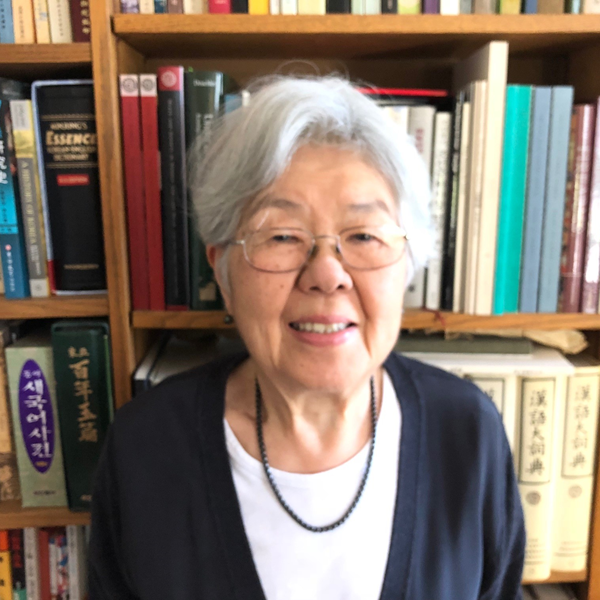From the 2019 Award for Scholarly Distinction citation in the 2020 Annual Meeting Awards Ceremony booklet
The scholarship of Evelyn Sakakida Rawski, Distinguished University Professor emerita in the Department of History of the University of Pittsburgh, spans cultural, social, and political history of China and the Qing (1644–1911) empire. She has contributed notably to the major thematic innovations and revisions of the China field since the 1970s.
Her earliest books, Agricultural Change and the Peasant Economy of South China (1972) and Education and Popular Literacy in Ch’ing China (1979), mark the advent of a “China- centered” historiographical trend—one that moved away from earlier emphasis on relations with and comparisons to the West to questions of Chinese history from a Chinese perspective. A further group of important co-edited volumes helped broaden the purview of Qing cultural history to include study of death rituals and music.
In another cycle of scholarship, drawing on Manchu-language documents from the Qing archives, Rawski portrayed the Qing as a distinctive multinational empire in its own right, rather than another in a succession of Chinese, or Sinicized, dynasties. Her presidential address to the Association for Asian Studies in 1996 and her meticulous study, The Last Emperors (1998), helped establish the “New Qing History,” once controversial but now widely accepted among scholars working in the West—and many in China as well. This represents a fundamental revision in Chinese and Qing history.
In Early Modern China and Northeast Asia: Cross-Border Perspectives (2015), Rawski promoted another historiographical turn, building on the New Qing History, featuring comparative studies of the Qing and other Eurasian empires, and, more broadly, reconsiderations of imperial China’s place in the world.
